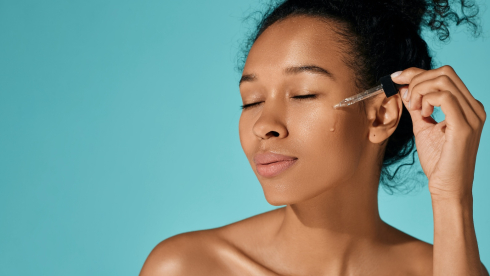The murder of Renisha McBride suggests that asking for help while Black is a capital offense. It has long been a crime. The right has done a wonderful job of making people believe that our biggest societal problem is Black people who ask for help too damn much. We are, they argue, an undeserving, overeager lot with our hands always stretched out waiting on the next dispensation of TANF (welfare) and SNAP (food stamps). Never mind that White recipients of these programs far outnumber Black and brown recipients. We are talking about the lie of perception.
We are talking about a system of White supremacy that makes White perception everyone’s reality. This, I argue, is Black people’s biggest problem.
Still. Up until now, asking for help while Black was a nuisance, a practice worthy of heavy social regulation despite calls to deregulate everything else, a problem to be solved through the criminalization of Black and brown people to be sure. But it wasn’t a capital crime. Even in the midst of such social calumny, many of us, no matter our race, have still chosen to believe that basic human decency is alive in America, that this land of our birth is what Benedict Anderson has famously referred to as an imagined community, “because regardless of the actual inequality and exploitation that may prevail in each, the nation is always conceived as a deep, horizontal comradeship.”
When 19-year-old Renisha stepped onto the porch of an unknown man seeking help after a car accident, undoubtedly scared and shaken, her entreaties for help were met with a bullet to the face. That kind of show of power is all about verticality and domination not horizontalism and camaraderie.
How have we arrived at a moment when there are White folks with such callous disregard for Black life? So much so that they’ll shoot a Black girl in the face.













